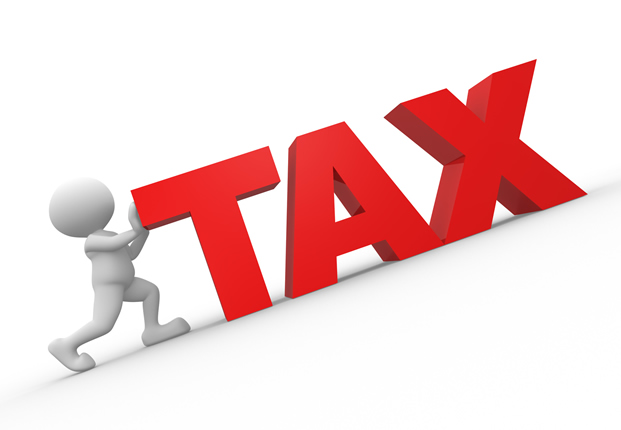State governments in Nigeria have projected an ambitious N3.12 trillion in internally generated revenue (IGR) for the 2025 fiscal year, marking a significant increase from the N2.01 trillion targeted in 2024 and the N1.95 trillion actually collected. This push for higher tax revenues aligns with the Federal Government’s (FG) comprehensive tax reforms, aimed at reducing the number of taxes from over 60 to fewer than 10.
Revenue Growth and Disparities Among States
The 55.4% increase in tax targets highlights an aggressive drive by states to improve revenue generation. However, actual collections in 2024 fell short of projections, with states collectively achieving 96.8% of their target, leaving a shortfall of N62.6 billion.
While some states surpassed their tax revenue goals, others struggled to meet even half of their projections:
- Lagos led the pack, generating N946.59bn against a target of N691.79bn, driven by its strong economic base and efficient tax administration. The state has now set an N1.4tn target for 2025.
- Kaduna and Rivers also ranked among the top earners, collecting N178.97bn and N149.59bn, respectively. Kaduna has set a 2025 target of N342.67bn, nearly double its 2024 revenue, while Rivers aims for N187.64bn.
- Imo State, on the other hand, fell short, generating just N10.16bn out of a projected N53.25bn (19% of its target).
- Jigawa collected N15.21bn against a target of N42.29bn, reflecting structural inefficiencies and economic challenges.


Challenges in Revenue Collection
Several states, including Yobe, Zamfara, and Gombe, recorded the lowest tax revenues in 2024.
- Yobe: N5.35bn collected (2025 target: N5.23bn, showing little expectation for growth)
- Zamfara: N12.43bn collected (2025 target: N22.5bn)
- Gombe: N6.23bn collected (2025 target: N13.54bn)
A key factor affecting these figures is the incomplete reporting period for 2024 revenues. Several states, including Benue, Katsina, Nasarawa, and Zamfara, reported revenue figures only from January to October 2024, meaning full-year data is not yet available.


Impact of Federal Tax Reforms on State Revenues
The Federal Government’s proposed tax reforms seek to streamline revenue collection by reducing tax categories and enhancing compliance. While these reforms are expected to boost overall efficiency, they could also reallocate taxing powers between federal and state governments, potentially causing revenue shortfalls for states relying on specific tax sources.
A major point of contention is the Value Added Tax (VAT) revenue-sharing formula. Currently, VAT revenue is distributed as follows:
- 50% equally among states
- 30% based on population
- 20% based on derivation
However, the proposed changes would increase derivation-based allocation to 60%, with the remaining split equally between population and equal sharing. This shift could favor industrialized states like Lagos and Rivers while potentially disadvantaging less developed northern states.

Governors’ Response and Legislative Action
The Nigeria Governors’ Forum (NGF) has thrown its support behind the tax reform bills but insists that the VAT sharing formula should remain at 50% equality, 30% derivation, and 20% population to ensure fair resource distribution.
The governors also opposed terminating levies for the Tertiary Education Trust Fund, National Agency for Science and Engineering Infrastructure, and National Information Technology Development Agency, advocating their continued inclusion in revenue-sharing frameworks.
After months of debate, the House of Representatives advanced the four tax reform bills to the second reading, reaching a consensus on the contentious VAT provisions. As legislative processes continue, states are preparing for possible revenue shifts while striving to meet their ambitious 2025 tax targets.
Conclusion
As Nigeria embarks on significant tax reforms, states are ramping up their revenue collection strategies to meet growing financial demands. While leading states like Lagos, Kaduna, and Rivers are setting high targets, economically weaker states may struggle to adapt. The outcome of the ongoing tax policy changes will determine whether the projected N3.12tn tax revenue is attainable or overly ambitious.




